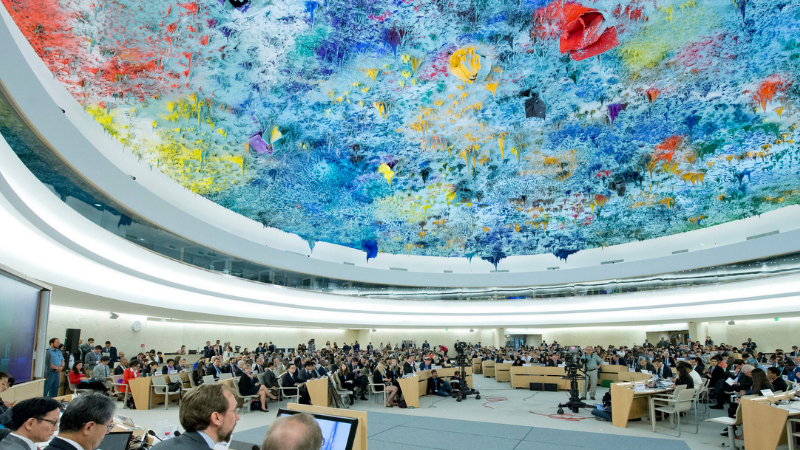Delegates at the United Nationals Human Rights Council 40th Session (UN HRC40) have been warned against the lack of adequate citizen privacy rules and the impact of surveillance on fundamental human rights.
The UN Special Rapporteur on the right to privacy, Joseph Cannataci, called on member states for the second time to increase the levels of protection they offer their citizens from national security activities that could violate their right to privacy.
In his report, he recommended that all UN Member states adhere to Convention 108 as it is “appropriate for the protection of the fundamental right to privacy”.
The Convention lays out a number of standards that protect individuals with regards to the processing of their personal data, in line with their fundamental human rights.
In addition to the statement given by Cannataci, the Organisation International pour la Securite des Transactions Electroniques (Foundation OISTE) delivered their own report that echoed similar sentiments, raising the concern that more than a third of States did not have any privacy laws at all.
They added that out of the 125 states that have laws concerning citizen’s privacy, the majority do not have laws that consider threats posed to privacy by surveillance, intelligence and national security.
They added that the result was a situation where our choices over our own privacy were being eroded and left unprotected.
During the delivery of the report, the foundation said that while the European General Data Protection Regulation (GDPR) was a step towards balancing the fundamental right to privacy with economic priorities, more work needed to be done. Reference was made to personal data, digital identity and the moral dilemmas that arise from the use of Artificial Intelligence.
Artificial Intelligence has already been highlighted as a technology that could pose concerns relating to ethics and privacy of citizens. In December last year, the European Commission opened a consultation on draft guidelines that tried to find a solution to a number of “critical concerns”.
These concerns included the potential use of AI for citizen scoring and in facial recognition software.
In 2018, the Maltese government announced that it intends to develop a National AI Strategy that will “put Malta among the 10 nations with a national strategy for Artificial Intelligence.” In addition to this, the government had previously announced the introduction of facial recognition technology provided by the controversial Chinese telecommunications giant Huawei.
CCTV cameras with the power to identify citizens were due to be installed in various locations around Malta including trials in Marsa and Paceville. Following a number of concerns relating to data privacy, it was announced that the plans “might be halted” pending discussions with the Data Protection Commissioner.












